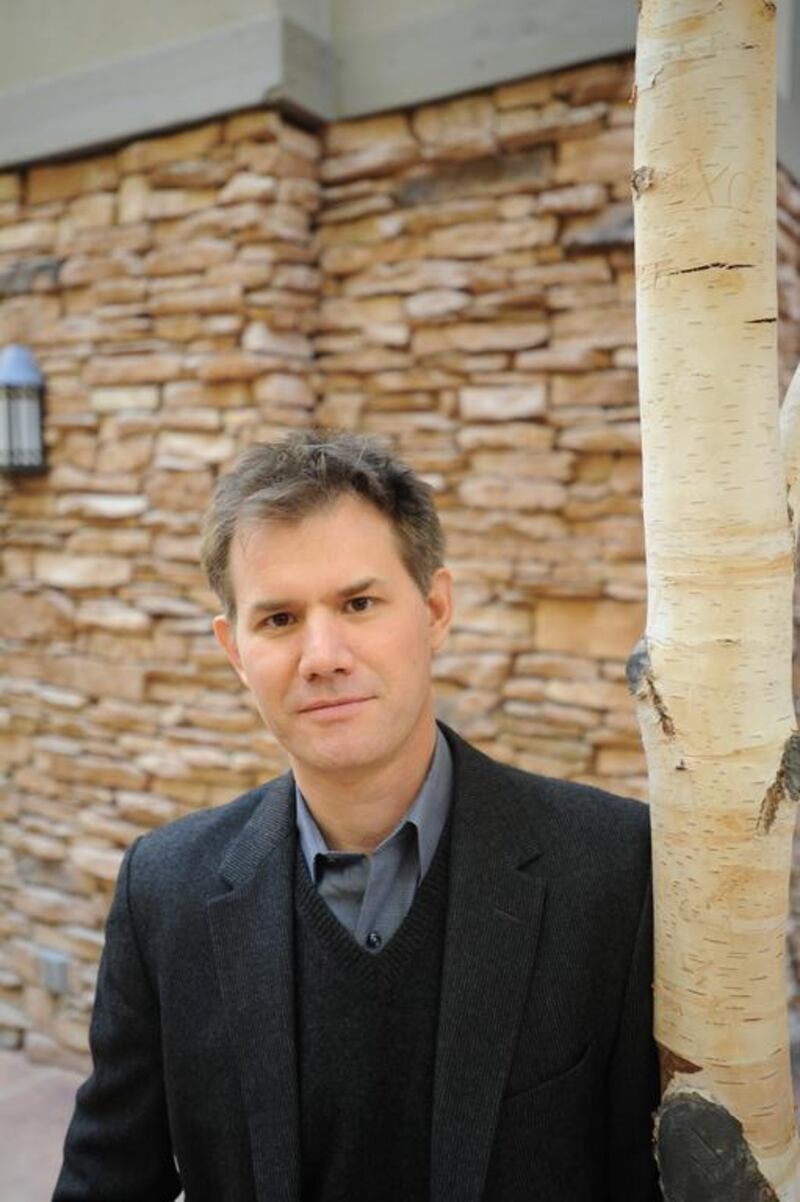The Sundance Film Festival’s senior programmer, John Nein, has one key piece of advice for filmmakers in the Middle East – get out there, find the people who can help you develop and make a name for yourself.
“We’re very open to communication, both as a festival and an institute, and we’re keen to get information about projects, particularly in the Middle East,” he says. “All our email addresses are on the website and I will certainly read any emails that come from Middle East filmmakers, and I have no doubt my colleagues will too.
“One bit of good advice is to [seek out] the many organisations around you that also serve the same purpose, to recommend and spotlight work that’s happening in region.
“I talk all the time to producers, festivals and other support organisations and ask what’s happening and who they’re excited about, so the more you make yourself known to those sorts of people, the more likely they are to talk about you to someone else – it doesn’t always have to be a direct connection by writing to Sundance.”
The Sundance Institute, founded by Hollywood actor Robert Redford in 1981 – and named after his character from the 1969 film Butch Cassidy and the Sundance Kid – has a wide remit. It supports independent artists in fields including theatre and music, and works extensively around issues of diversity and gender equality in the arts and media.
However, the institute is best known for its work in film – from funding and offering training and support to independent filmmakers to organising the annual Sundance Film Festival. Held in January in Park City, Utah, it is probably the world’s largest festival dedicated to independent cinema.
I caught up with Nein at this year’s event, and the good news for filmmakers in the Middle East is that the man responsible for deciding which films screen at the festival each year is a huge admirer of international cinema and is committed to diversity.
“There’s a much bigger international theme now than there used to be,” he says. “And also, the nature of what is indie film has changed over years and we’ve tried to move with that while staying true to our initial vision of supporting indie films.”
It’s perhaps not surprising that Nein has such an enlightened international viewpoint. He was born in Ireland and lived in The Netherlands, Belgium and London before moving to the United States as a 12-year old.
He joined Sundance in 2001 and wasted no time embarking on a mission to bring greater variety to the festival programme.
“I’ve always felt there was a market for foreign films in US,” Nein says. “It’s often overlooked but a lot of people here do want to hear the voices of foreign filmmakers.
“My biggest personal interest is in cultivating the international programme and bringing exposure to films from all over the world. It’s a big part of my remit because it’s an important time to understand the different cultures of the world – and storytelling is a great way of doing that.”
Nein says that The Sundance Institute is no stranger to Middle Eastern cinema, not least thanks to the long-running Rawi Screenwriters Lab, which it runs in partnership with the Royal Film Commission in Jordan. Its alumni include Cherian Dabas (Amreeka) and Haifaa Al Mansour (Wadjda). And he expects to see plenty of films from the region making waves at Sundance and beyond in the years to come.
“The Middle East is definitely an area that has developed its filmmaking infrastructure over the years and Sundance has tried to be a part of that,” he says.
"We've held Sundance labs in the region for well over a decade, and there are some great and unique stories to be told there. We can go back to Paradise Now (Hany Abu Assad, 2005), a remarkable film that was developed through the Sundance Lab in Lebanon.
"More recently there are films such as Tramontaine [Lebanese director Vatche Boulghourjian's in-production movie, which also won financial support from the Doha Film Institute], which isn't even released yet.
“And that’s saying nothing of the amazing documentary work that has come out of the region for many years, whether shown at the festivals or developed through the institute’s documentary-film programme. Those are stories where you really see many of the issues of the region told by filmmakers from that region and we’ve learnt a lot from those films.
“I think films are one of the most important ways of offering a different perspective. We can all point to a film, whether from the Middle East or not, that has made us see the world through the eyes of someone totally different to us, and film is one of most potent ways of doing that.”
cnewbould@thenational.ae





